Political figures who changed their names for power
Have you ever considered how much a name can influence a person’s journey in politics? Names can be powerful tools, shaping perceptions and opening doors. They can evoke trust, authority, or charisma.
In the political arena, a well-chosen name can be a game changer, creating an indelible mark on the public consciousness. After all, names are often the first impression, setting the stage for a political narrative that can sway opinion and win votes.
The Rise of Vladimir Lenin
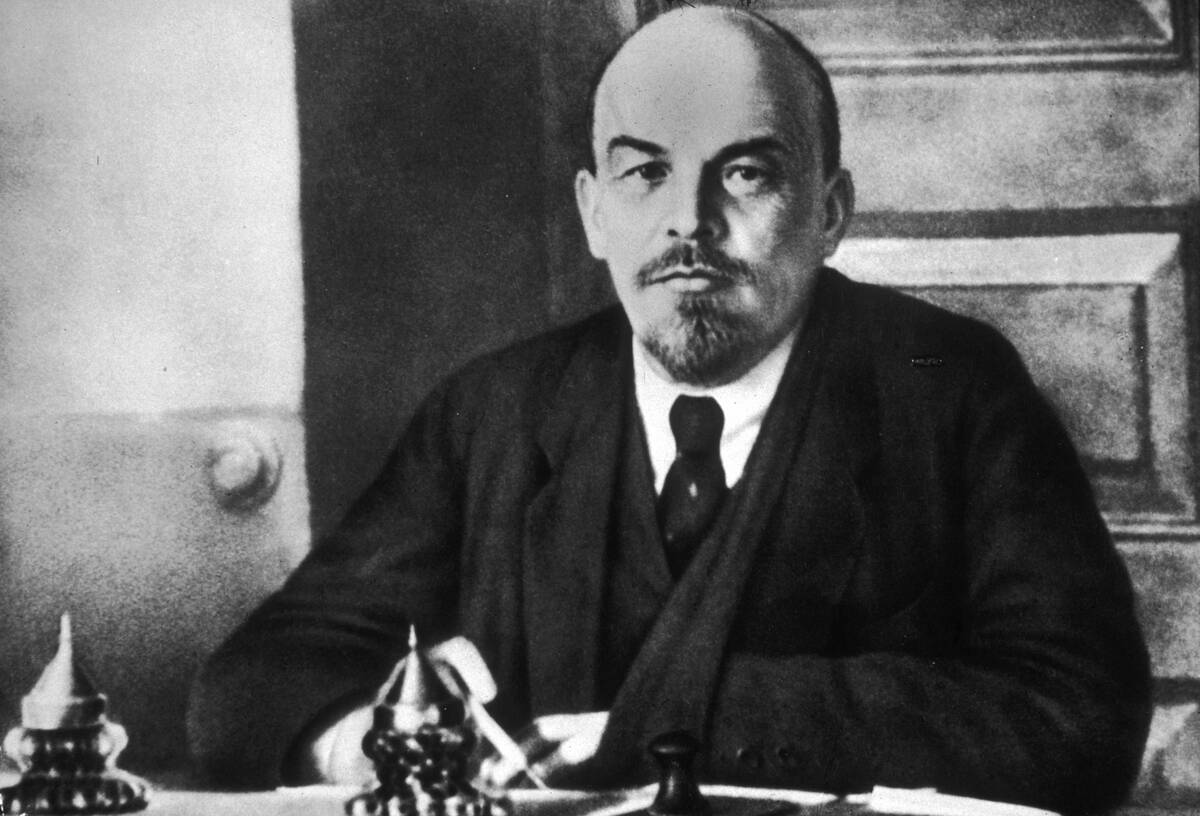
The name Lenin is synonymous with the Russian Revolution, but it was not his birth name. Vladimir Ilyich Ulyanov adopted ‘Lenin’ as a pseudonym to skirt around Russian authorities, a name that would soon echo through history. It was likely inspired by the Lena River in Siberia.
Lenin’s rebranding was strategic, allowing him to embody his own revolutionary spirit needed to lead a nation through tumultuous times.
From Norma Jeane to Marilyn Monroe: When Hollywood Meets Politics

Though primarily known as a Hollywood icon, Marilyn Monroe’s story offers insight into the intersection of celebrity and politics. Born Norma Jeane Mortenson, her transformation into Marilyn Monroe was a reinvention that captured public fascination.
This change not only propelled her career but also symbolized the power of image and branding—principles that politicians often emulate. In a world where media presence is paramount, the ability to craft a compelling persona can transcend industries, including politics.
Joseph Stalin: The Man Behind the Iron Name
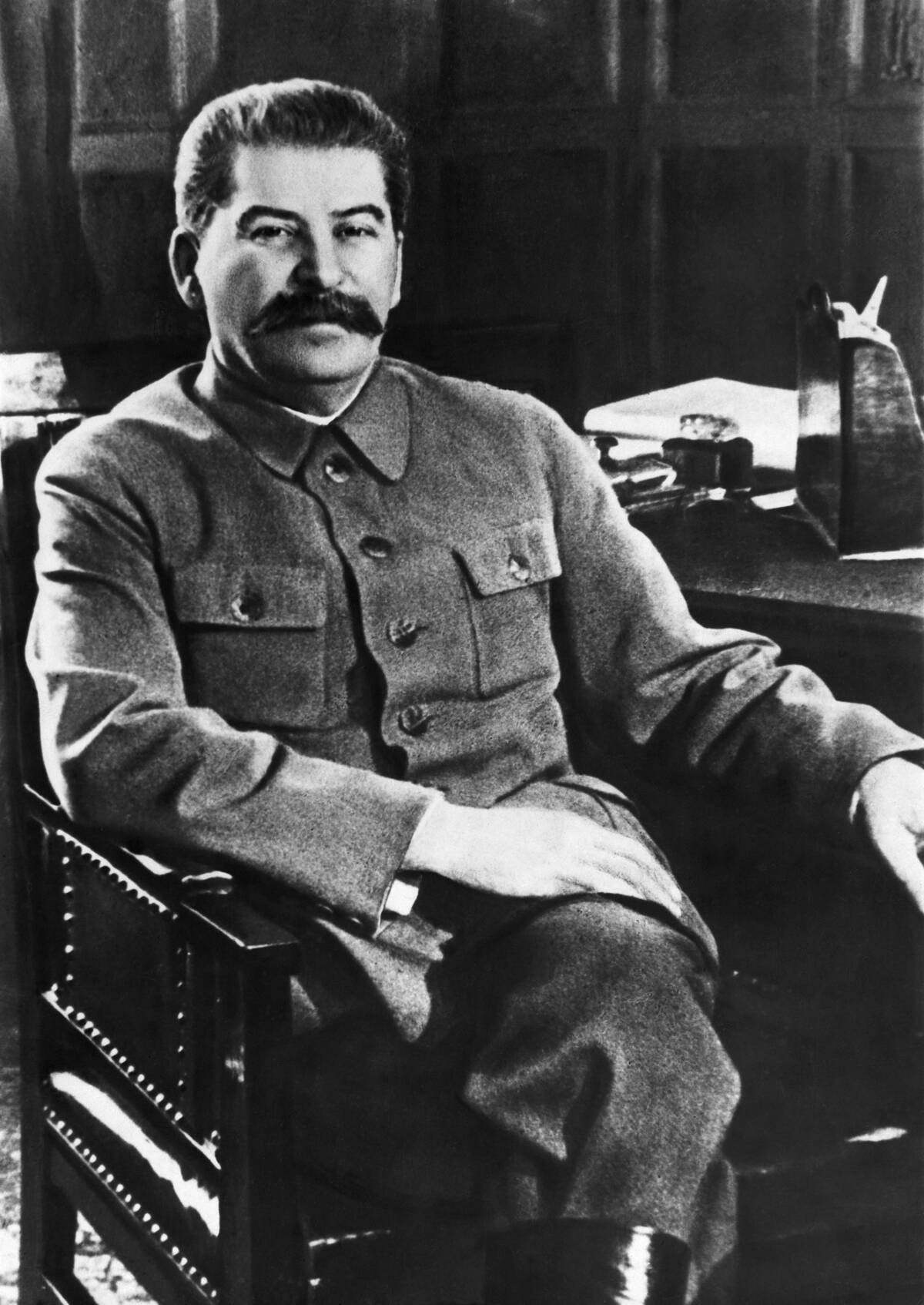
Joseph Stalin, born Ioseb Jughashvili, chose a name meaning ‘man of steel,’ which projected strength and resilience. This change was deliberate, aligning with his image as a formidable revolutionary, which would come in handy even further when he emerged as the Soviet leader.
Stalin’s name became emblematic of his ruthless rule and the industrial power he sought to build. This highlights how a strategically chosen name can embody political ideology, furthering both personal and national narratives. It’s a classic example of using a name to forge an indomitable political identity.
The Charismatic Appeal of Che Guevara
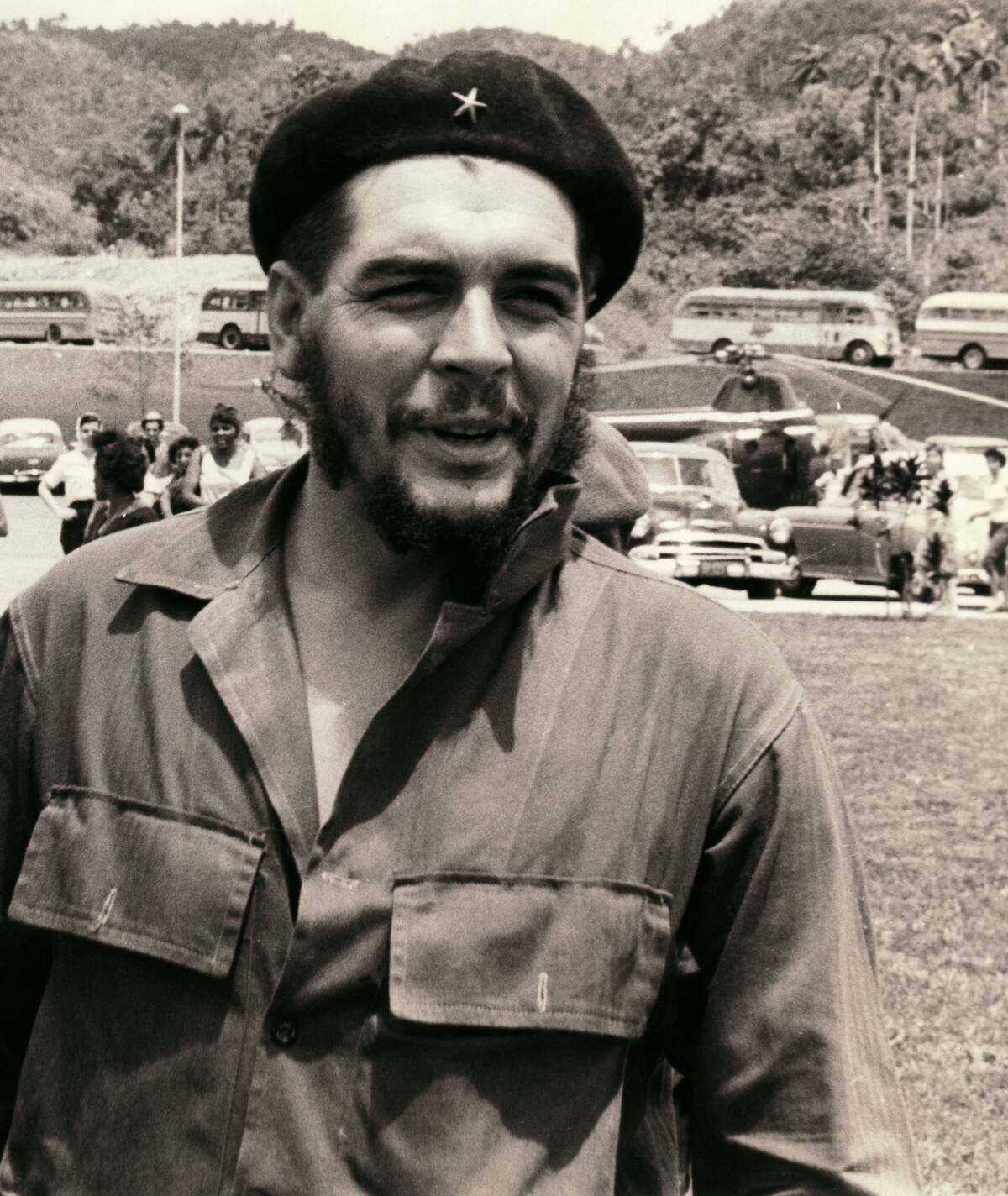
Ernesto Guevara, better known as Che, became an icon of revolution and rebellion. However, his nickname turned out to have a more mundane origin than his reputation would suggest, as he would use the filler term “che” often. It’s similar to how Canadians sometimes end sentences with “eh” or Americans do with “huh.”
It made him relatable to those he inspired. This illustrates the power of a simple name change in embodying ideological movements. Che’s legacy shows that a name can transcend its literal meaning, becoming a symbol of defiance and idealism in the political landscape.
From Barry Soetoro to Barack Obama: A Modern Example
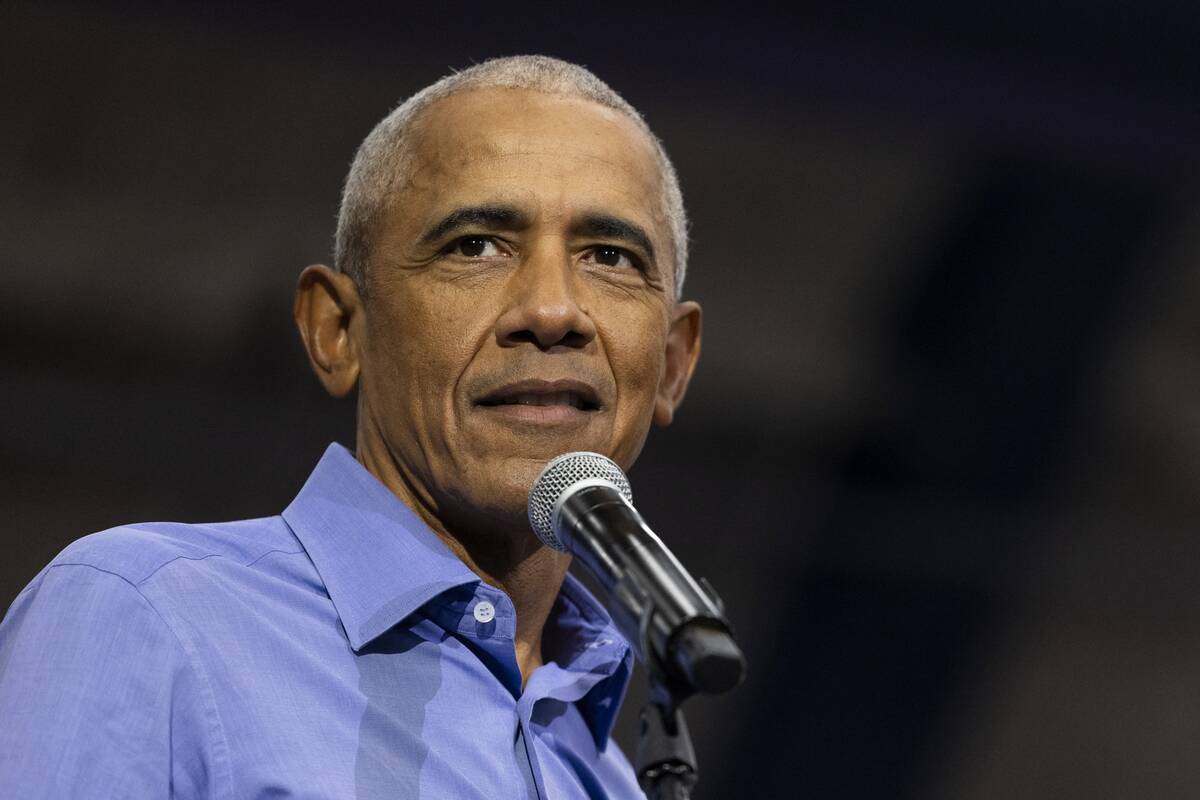
Barack Obama, originally known as Barry Soetoro during his childhood years in Indonesia, represents a modern name change story. Embracing his given name, Barack, signified a return to his roots and a connection to his African heritage.
This change played a role in crafting a narrative of diversity and multiculturalism, which resonated with voters. Obama’s choice underscores the importance of authenticity and personal history in political branding, key factors in his successful rise to the presidency.
The Influence of Royal Titles: Napoleon Bonaparte
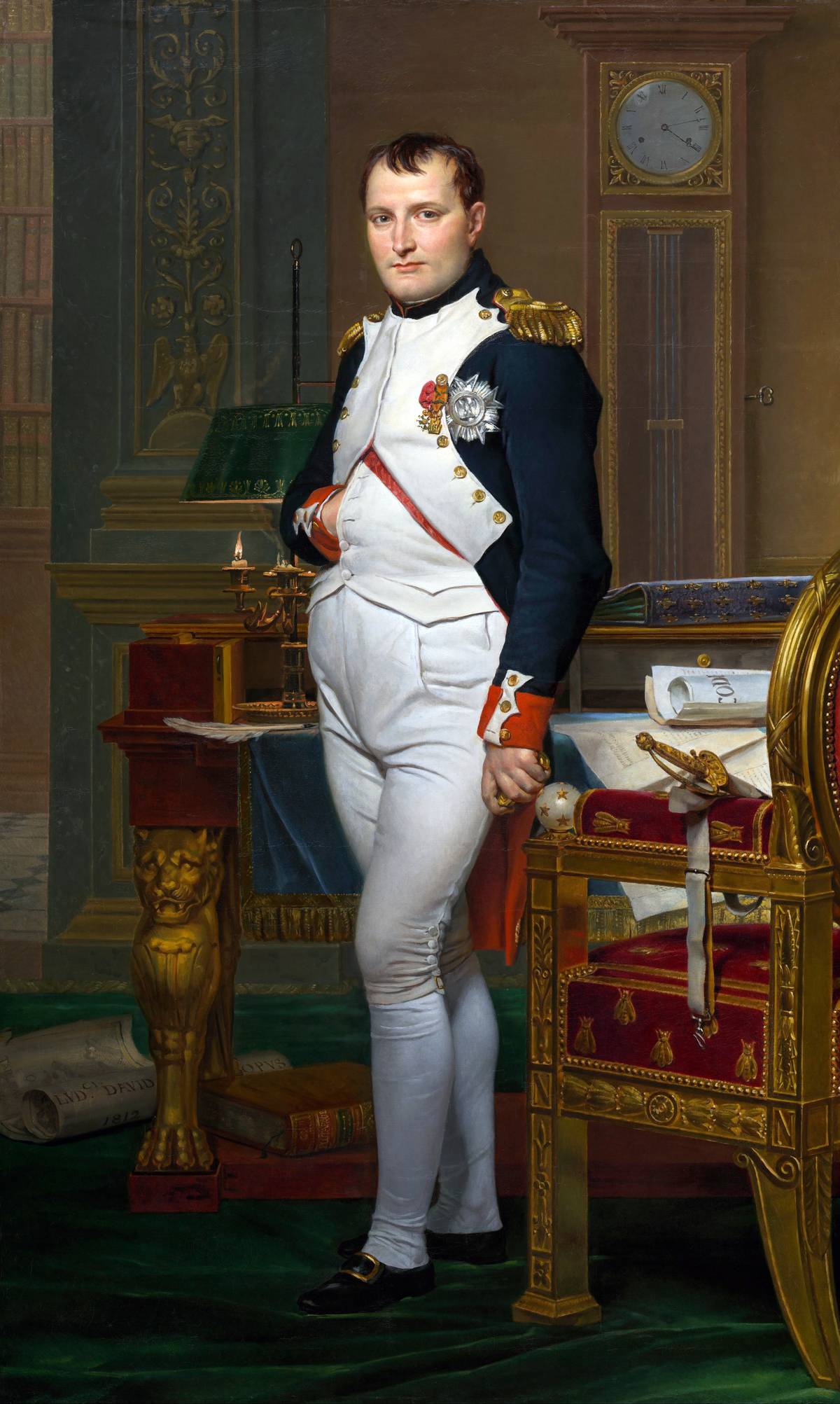
Napoleon Bonaparte’s name carries an air of imperial authority, heavily influenced by the adoption of royal titles. Originally Napoleone di Buonaparte, his name evolved and became closer to a French name than his original Italian one as he rose to power.
The title ‘Emperor Napoleon I’ was central to his identity, enhancing his legitimacy and grandeur. This transformation highlights how titles can elevate a political figure’s standing, creating a legacy that extends beyond military conquests. Napoleon’s name became a symbol of ambition and empire, etched into history.
Creating an Icon: The Legacy of Mahatma Gandhi
![Mahatma [redacted]](https://media.tellmebest.com/wp-content/uploads/2024/11/mahatma-gandhi-28048.jpeg)
Mahatma Gandhi, born Mohandas Karamchand Gandhi, became an icon of nonviolent resistance. The title ‘Mahatma,’ meaning ‘great soul,’ was bestowed upon him by his followers, capturing his spiritual leadership.
This name became intrinsic to his legacy, emphasizing his philosophy of peace and civil disobedience. Gandhi’s transformation into a global symbol of freedom illustrates how a name can encapsulate ideals, inspiring movements that transcend national boundaries and continue to influence political thought worldwide.
The Humble Reason For Pope Francis’s Name
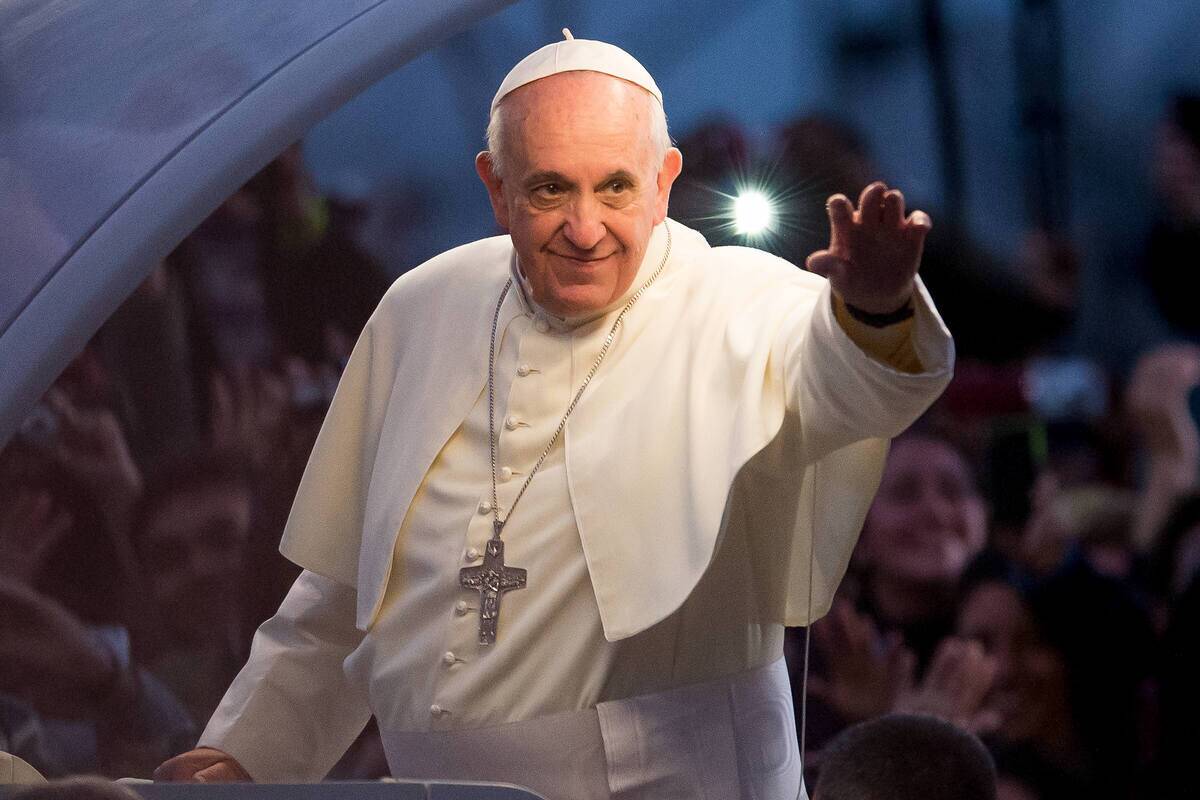
Pope Francis, born Jorge Mario Bergoglio, chose a name reflecting humility and service, appealing to Catholics worldwide. Specifically, he chose the name as an homage to inspiration for his compassionate ideals, St. Francis of Assisi.
Such adaptations are strategic, bridging cultural gaps and reinforcing a leader’s commitment to their constituents. This practice demonstrates the importance of cultural sensitivity in political branding, fostering connection and acceptance.




